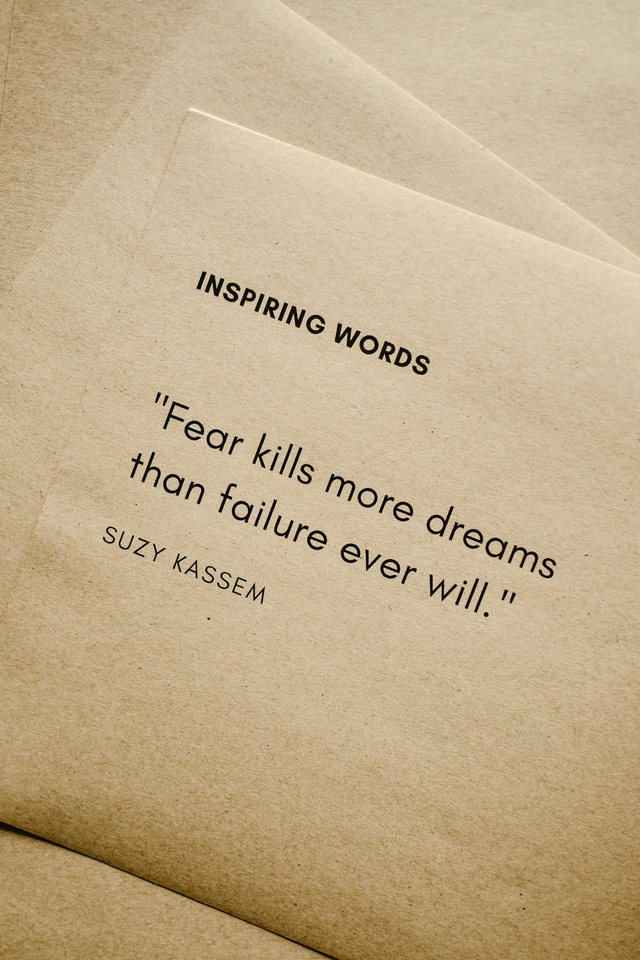
The universe that wakes up when we sleep
When we close our eyes, the brain doesn't rest – on the contrary, it becomes more active than ever. Dreams are its secret language, a way to process feelings, memories and experiences that we sometimes can't cope with during the day. They are like a mirror of the subconscious, where reality mixes with symbolism and emotion takes shape.
Why we dream more when we are under stress
When we are emotionally exhausted or overwhelmed, the brain activates more of the REM stage of sleep – the period when dreams are most vivid and long-lasting. In essence, dreaming becomes a psychological healing mechanism: a way to release tension, process fears or soothe emotions that we have not been able to express.
This is why during times of stress or anxiety, our dreams are often intense, strange or filled with symbols – the brain is working to restore internal balance.
The brain as an emotional director
According to neuroscience, during sleep the parietal cortex (related to logic) calms down, while the limbic system, responsible for emotions, becomes very active. This explains why dreams are rich in sensations, but often without logical structure. They are scenes where the brain releases blocked emotions, such as fear, guilt, desire or nostalgia.
What dreams can tell about the subconscious
Recurring dreams usually indicate unresolved issues or feelings that require attention.
Flying can be related to the desire for freedom or personal fulfillment.
Falling often reflects loss of control or uncertainty.
Water symbolizes feelings, while the house often represents the self and the inner state.
These symbols are not consistent for everyone – everyone's brain creates their own dream language, built from personal memories and experiences.
The role of dreams in mental health
Dreams help with emotional and memory organization. During them, the brain reorganizes the day's information and stores it so that we don't get overwhelmed. In the absence of REM sleep, people often feel more irritable and emotionally unstable—proof that dreams are the mind's natural therapy.
Dreams are a journey of the subconscious towards self-understanding. They are not just a consequence of sleep, but a way for the brain to speak to us – in symbols, memories and sensations. We may never fully understand them, but every dream is an invitation to listen more deeply to ourselves, to understand what the soul seeks when the mind is silent.
Photo by Eva Bronzini: https://www.pexels.com/photo/close-up-shot-of-inspiring-words-on-a-brown-paper-6956352/





